Snapchat, the popular multimedia messaging app, has revolutionized the way we communicate by introducing ephemeral content that disappears after a short duration. One distinctive feature of Snapchat is its lack of notifications to the sender when a recipient saves or takes a screenshot of the photos they send.
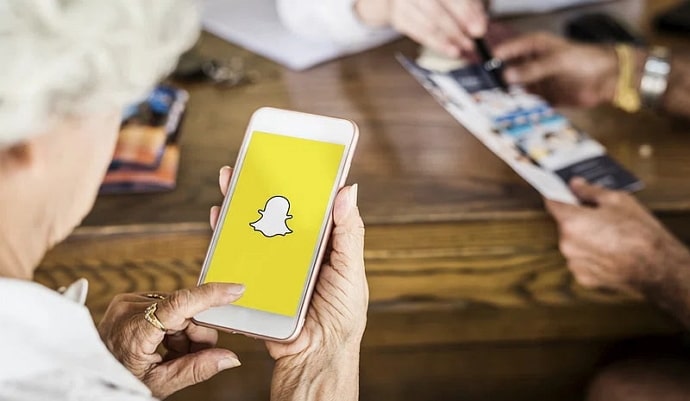
This deliberate choice by Snapchat has raised questions about privacy, trust, and the dynamics of digital communication. In this article, we delve into the reasons behind Snapchat’s decision and explore the implications of this unique approach. Let’s get started!
Why Doesn’t Snapchat Notify the Sender When You Save or Screenshot Photos They Send?
Snapchat was founded in 2011 with the vision of providing a platform for users to share moments without the permanence associated with traditional social media. The ephemeral nature of Snapchat’s messages, commonly known as “snaps,” was a deliberate design choice.
It was aimed at encouraging users to share more candid and unfiltered content. By allowing messages to disappear after being viewed, Snapchat sought to reduce the fear of judgment and foster more authentic communication.
Snapchat has long been known for its emphasis on privacy and disappearing content. One of the key features that sets Snapchat apart is its notification system, which alerts users when someone takes a screenshot or screen recording of their messages. This feature is designed to give users control over their content and to protect their privacy.
However, there is one notable exception to this notification system: saving photos. Unlike screenshots and screen recordings, saving photos does not trigger a notification to the sender. This has led to some confusion and concern among users, who may wonder why Snapchat doesn’t provide the same level of protection for saved photos.
Preserving User Privacy
The decision not to notify the sender when a recipient saves or screenshots a photo aligns with Snapchat’s commitment to preserving user privacy. In traditional messaging platforms, the act of saving or screenshotting is often perceived as a breach of privacy, leading to discomfort and strained relationships.
Snapchat’s approach, however, creates an environment where users feel more at ease sharing personal and spontaneous moments, knowing that their content won’t be permanently stored or circulated without their knowledge.
Fostering Trust and Spontaneity
Trust is a fundamental element of any communication platform, and Snapchat has strategically built its brand around the concept of trust and intimacy. By not notifying senders about saved or screenshot content, Snapchat aims to maintain a level of trust between users.
This lack of notification reduces the fear of unintended consequences, encouraging users to be more spontaneous and genuine in their interactions.
In a world where digital communication often lacks the nuance of face-to-face interactions, Snapchat’s emphasis on trust and spontaneity distinguishes it from other social media platforms. Users are more likely to share unfiltered moments, knowing that the content will not come back to haunt them in the future.
Balancing Privacy and Accountability
While Snapchat’s approach to notifications leans heavily towards user privacy, it also introduces a unique challenge: the balance between privacy and accountability. In some instances, users might find themselves in situations where accountability is crucial, such as dealing with harassment or inappropriate content.
The lack of notifications can make it challenging to address such issues promptly. Snapchat, however, provides avenues for users to report inappropriate behavior or content.
The platform places a strong emphasis on community guidelines and user safety, offering a means for users to address concerns without compromising the overall commitment to privacy.
Navigating Legal and Ethical Considerations
The decision not to notify senders of saved or screenshot content also navigates the legal and ethical considerations surrounding digital communication. In many jurisdictions, privacy laws dictate the extent to which individuals can control the distribution of their personal images.
Snapchat’s choice to omit notifications aligns with the notion that once a message is sent, the sender relinquishes control over it. From an ethical standpoint, this approach challenges societal norms regarding digital communication and ownership of content.
Snapchat, however, argues that by using the platform, users implicitly agree to its terms of service, which include the understanding that content shared on the app may not remain private.
The Evolution of User Expectations
As technology and social norms evolve, so do user expectations regarding privacy and digital communication. Snapchat’s decision not to notify senders may reflect a shift in societal attitudes toward embracing impermanence in online interactions.
Users today may be more comfortable with the idea that their digital footprint is transient, reducing concerns about the long-term consequences of their online activities.
Potential Drawbacks and Criticisms
Despite Snapchat’s commitment to user privacy, the lack of notifications has not been without criticism.
Also Read:

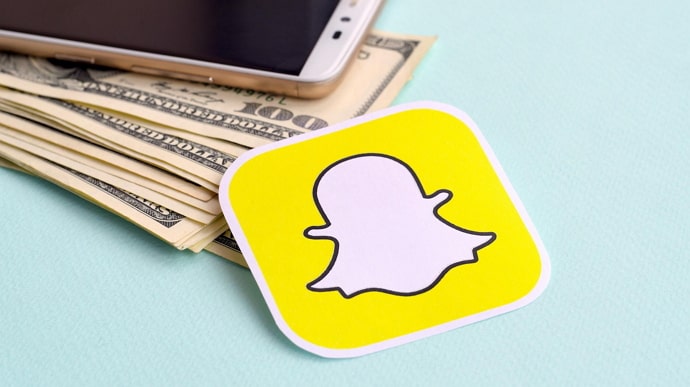
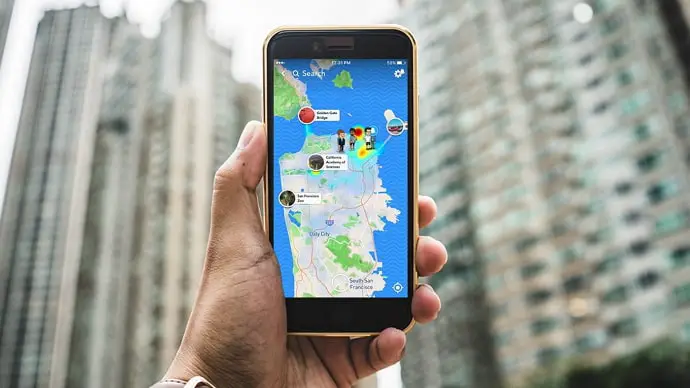
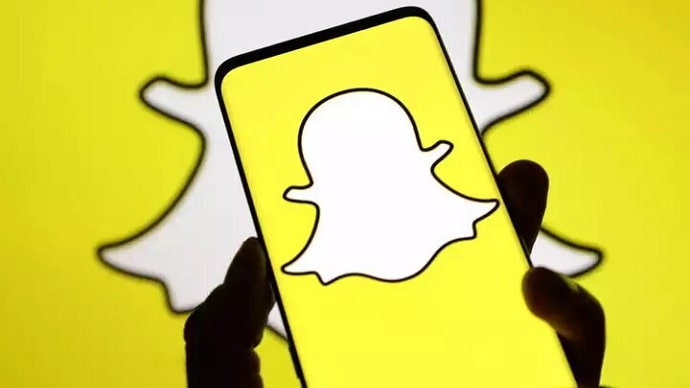
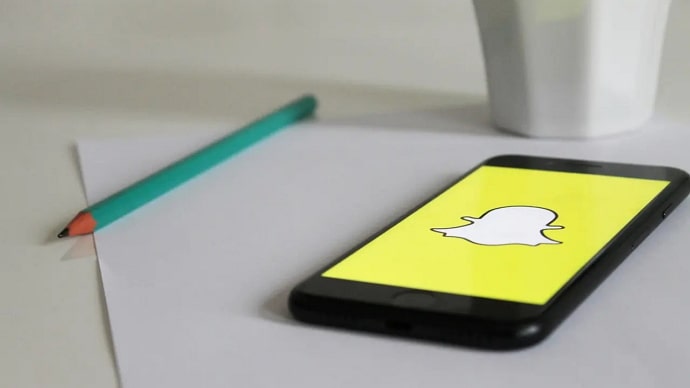
 Bitcoin
Bitcoin  Ethereum
Ethereum  Tether
Tether  XRP
XRP  Solana
Solana  USDC
USDC  Dogecoin
Dogecoin  TRON
TRON  Cardano
Cardano